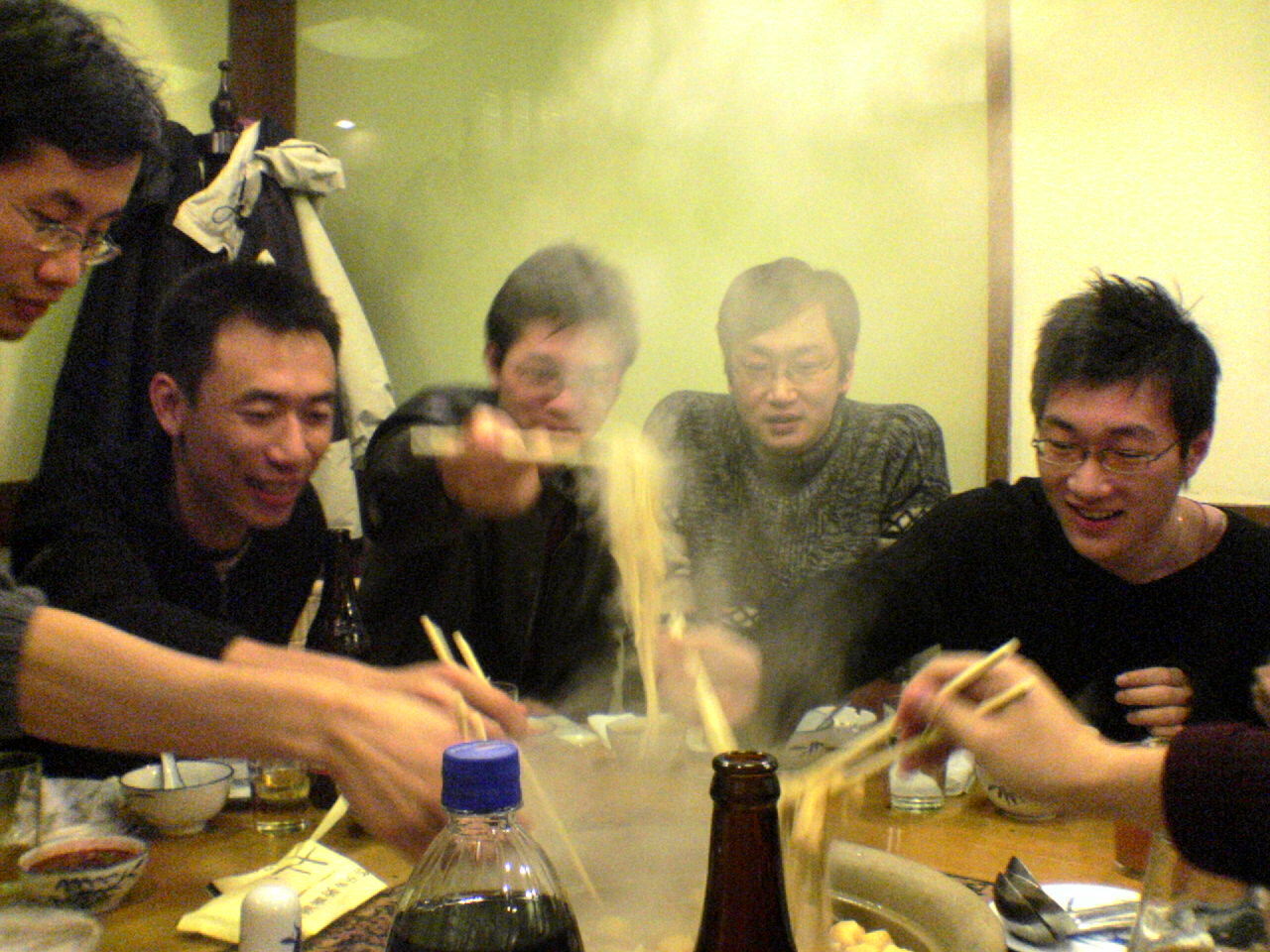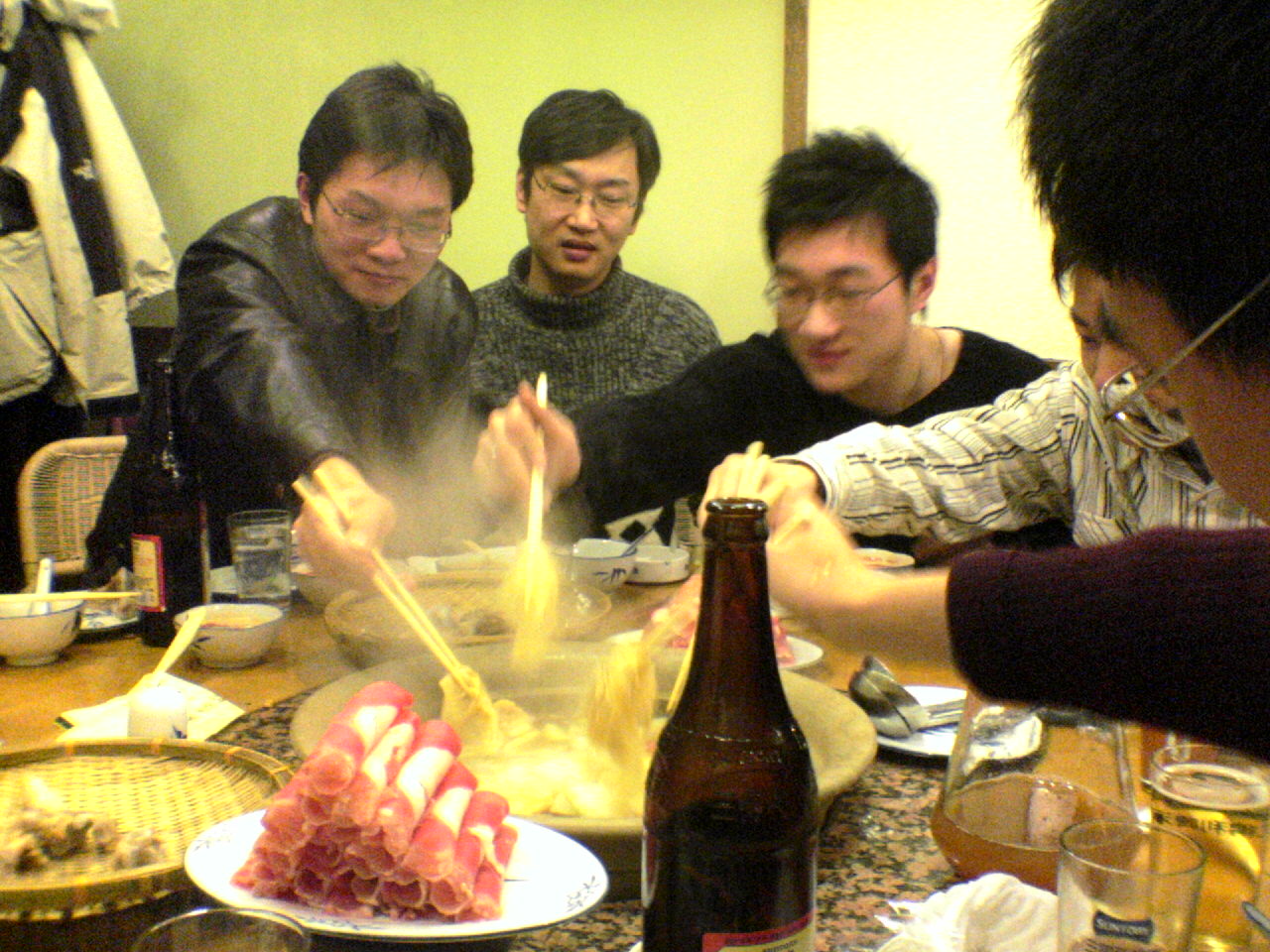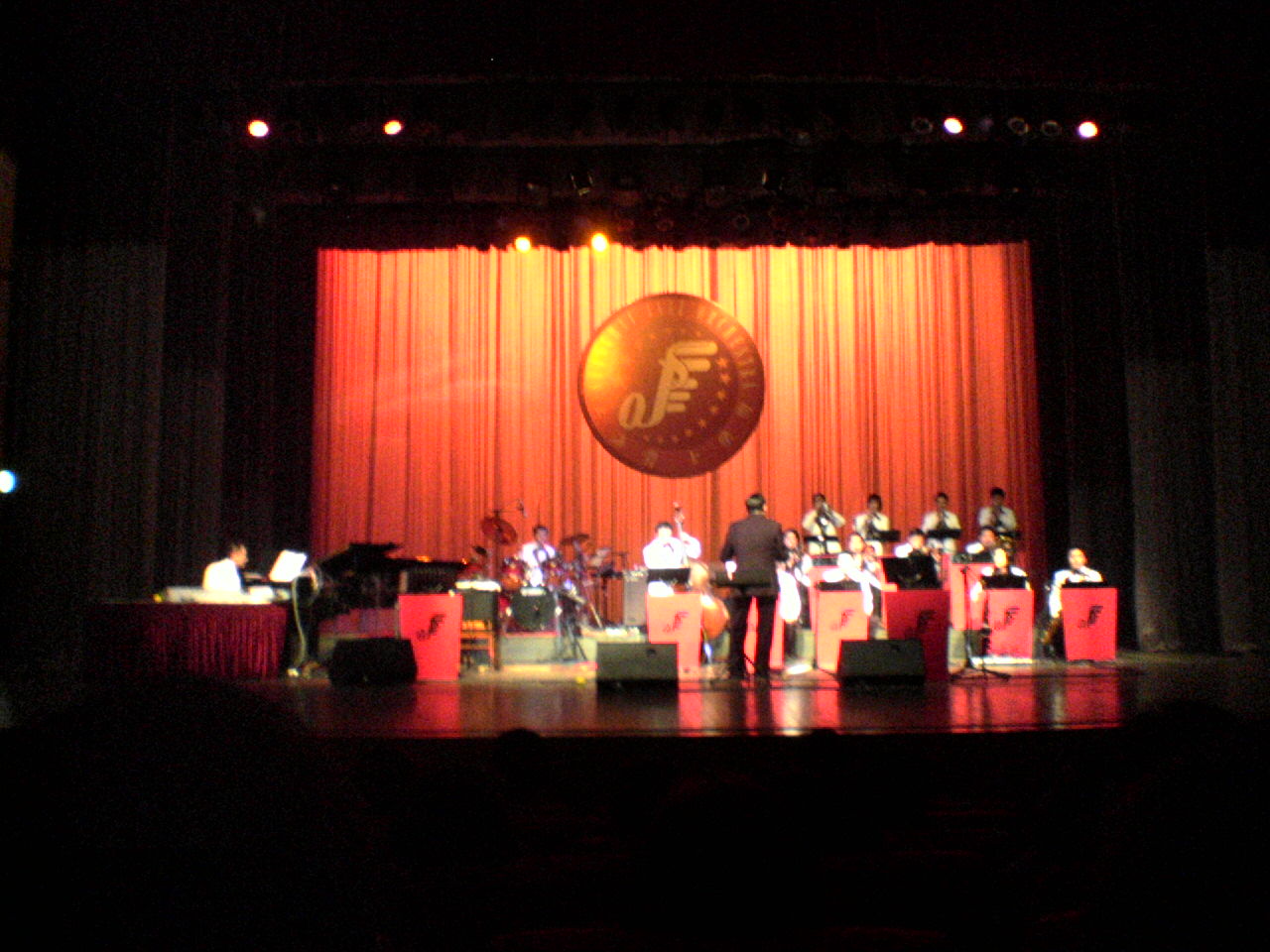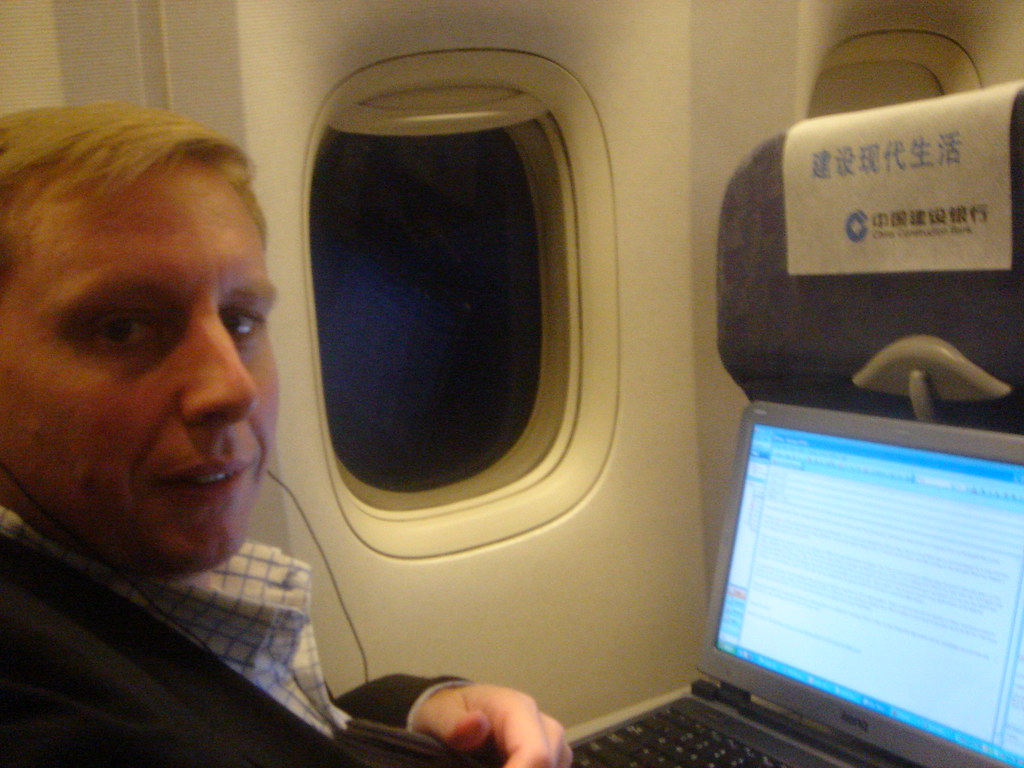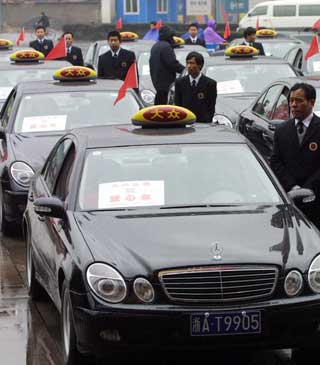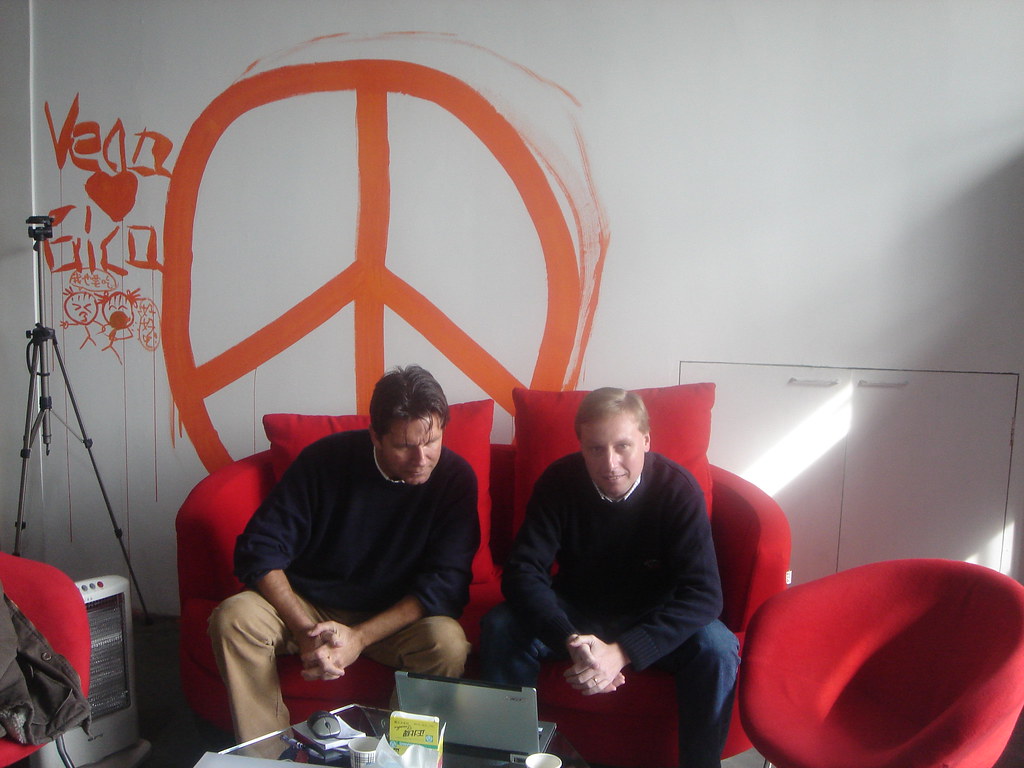On December 31 I missed out on fireworks in Shanghai, because the government had banned it. But it seems I will be more lucky this coming Saturday, when I will spend Chinese New Year in Beijing. The government has decided to lift the ban on fireworks in Beijing. The maximum is now 30 kilograms (!!!) per person, should be enough for me.
From the Shanghai Daily:
“BANG!”Firecrackers will explode once again in Beijing, frightening away evil spirits on the New Year — and this time the fireworks are legal.
After a 12-year ban because of safety concerns, the Chinese capital yesterday resumed the legal sale of traditional firecrackers before the lunar New Year and Spring Festival beginning January 29.
This year 177 out of China’s major 660 cities lifted the fireworks ban.
Over the weekend, 585 of the 2,116 Beijing stores that obtained licenses to sell firecrackers opened for business. Others will follow.
“To me, no fireworks, no New Year. So it’s a good thing for the government to lift the ban,” said Liu Jianguo, a Beijing resident.
Last September, Beijing lifted a 12-year ban on firecrackers in response to people’s love for a tradition that has been passed down from generation to generation.
Despite the prohibition, illegal firecracker sales continued. But the public clamored for legalization of a tradition that has come down through the generations.
The Beijing government has organized the sale of 600,000 boxes of firecrackers valued at more than 100 million yuan (US$12.5 million).
Officials will monitor sales to ensure there is no shortage.
To enforce safety, people are forbidden to buy more than 30 kilograms of fireworks between January 22 and February 12.
Regulations specify that residents may set off firecrackers in areas within the Fifth Ring Road on lunar New Year’s Eve and all day of the first day of the new year.
They also can set off crackers from 7am to zero-hour every day from the second to the 15th day of the new year, a major festival and traditional time of family reunions.
This year, 177 Chinese cities, including Chongqing and Beijing, out of the country’s total of 660, have decided to lift the ban that has been practiced for years.
Beijing banned setting off fireworks in 1994 over fears of increasing accidents that endangered people’s safety.
Hundreds of people suffered eye injuries in setting off firecrackers since1982, said Song Weixian, an ophthalmologist at Tongren Hospital.
“We hope citizens pay great attention to their safety, especially to their eyes, while setting off firecrackers,” said Song.

